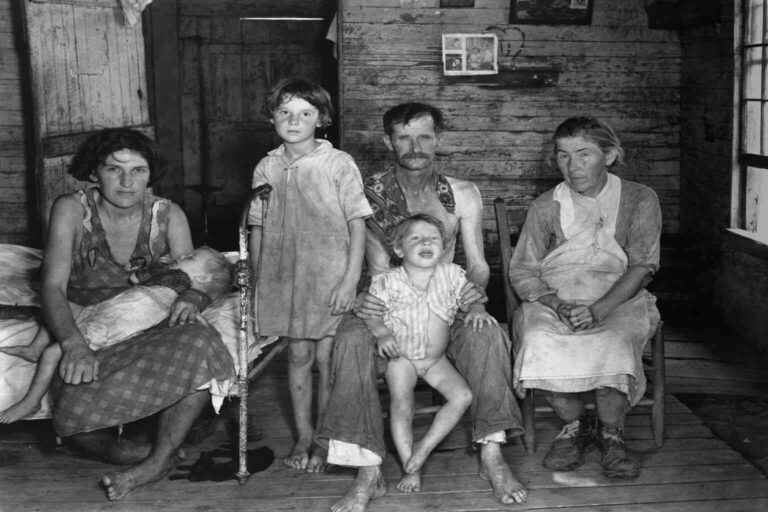The existence of peculiar and strange jobs seemed to have existed long before technology. Perhaps due to its lack thereof. Though that is something we have a lot to be grateful for, certain eccentric employment needs have worked in the past. Who is to say we’ve only made strategic progress?
The perception of work has evolved over time. Thankfully, it did. And so did the jobs. Given today’s saturated job market, it is difficult to imagine the state of the economy. It is no longer “impossible” that we might be living in Byung Chul Han’s The Burnout Society. His stance of how we now operate in an “achievement society” (catered to the narcissistic individual) more than a “disciplinary society” (community-oriented) marks the argument of compulsion. It is evident in how labour is defined as an exploitation of self. This generates restraint and thus creates a lack of self. That explains why we feel the need to endure our jobs.
Have you ever felt guilty of having to put up with your current 9-5? Here’s a list of 11 medieval jobs you should look into! It’ll certainly make you reconsider a lot of things. At the least, you might not be able to stomach most of it.
1. Ornatrices
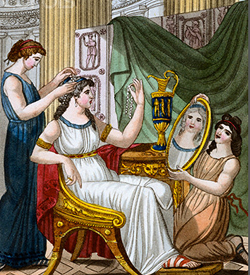
Thought of as early hairdressers, their jobs demanded so much more. The ornatrices were women who were enslaved to their owners. Amongst nobility in the ancient Roman societies, there was a need to accommodate the latest fashion, but with limited resources.
An ornatrix was responsible for elaborate and ornate hairstyles, popular in her time. She had to deal with certain horrible ingredients (and clients, I mean, noblewomen). Hair dyes, bleach, and wigs had not yet been commercialized. Her only solution was to use dyes from rotten leeches, squid ink, pigeon poop and coal ash. As for hair pieces, the ornatrix was to offer her own hair to make up for what the owner was missing. Too bad if she had particularly beautiful tresses.
2. Whipping boy
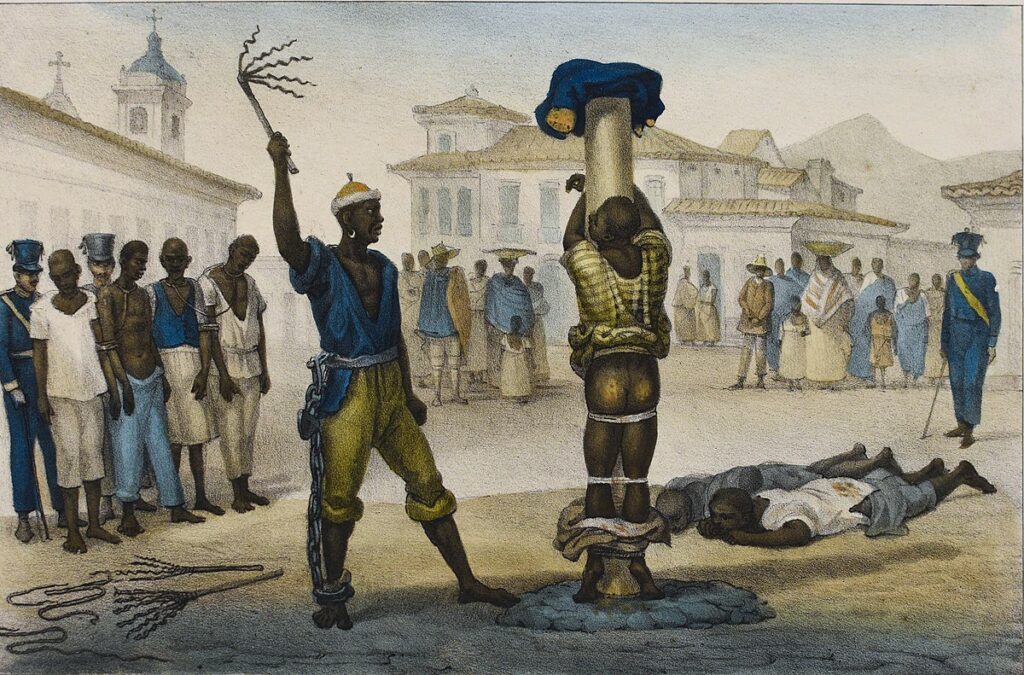
Administration of corporal punishment, but not for the golden boy. The “whipping boy” worked on this principle. When a young monarch misbehaved, it was against the law to exact retribution for royal blood.
Ranking high on the most unfortunate of jobs in the medieval ages, this “proxy for correction” would be raised alongside the prince. The logic of it was to make the prince watch this “friend” take a beating for him. This was administered in hopes that the prince would be less likely to misbehave out of guilt.
This is easily an unfortunate method of employment, but some saw it as a sure-fire way to rise up the ranks in court, like Barnaby FitzPatrick, whipping boy to Young Edward VI of England, who received higher education and earned the title of the Second Baron of Ossory.
3. Barber-Surgeon
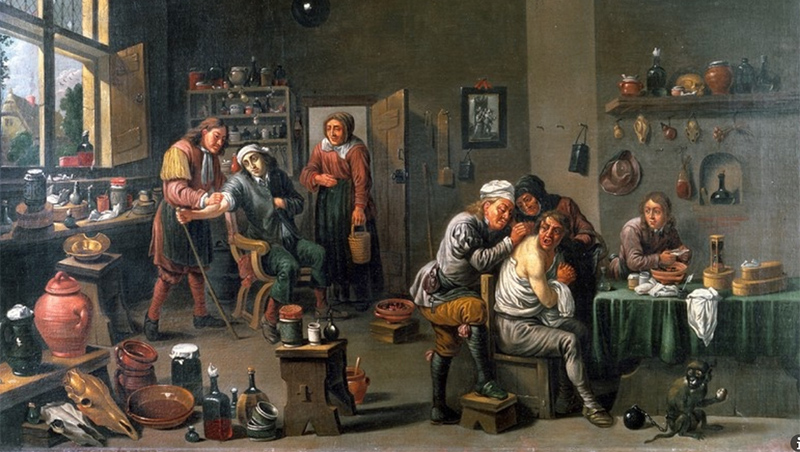
Respected as professions individually, a barber-surgeon was what it meant to have skills combined from both. Armed with the basics of hygiene maintenance, they were responsible for washing, cutting hair, and shaving. Additionally, they were responsible for common medical procedures, including minor surgeries, tooth pulling, amputation, bloodletting, and urine testing.
The logic behind such collaboration was skills. Both professions demanded mastery of using sharp objects like razors, needles, and knives.
Ever wonder why the barber’s pole looks the way it is? The barber pole is an echo of grooming and its ties with medicine. The red and blue represent arterial and venous blood, while white represents bandages.
4. Knockknobbler
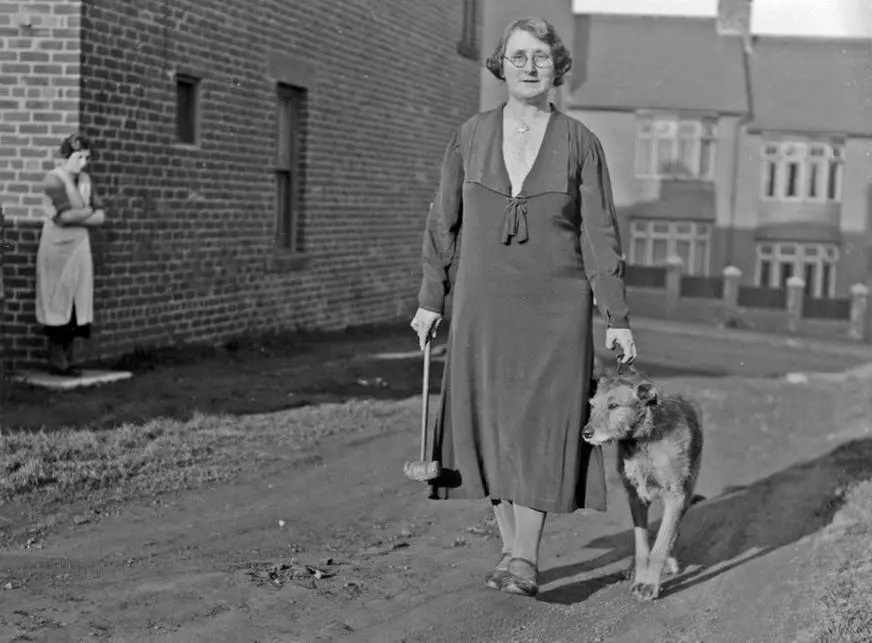
Likely originating from the combination of words “knock” and “knobbler,” this title was prominent during the Elizabethan era. “Knock” represented the sound the stick would make when it struck the ground, and a “knobbler” was a supposed person who would wield that stick. Though there has been no proven etymology, this is the closest explanation.
The unique name was a lively replacement for animal control. Knockknobblers were those employed to chase away unruly dogs who entered the church. They often used sticks to drive them away, true to their name.
During service, if there were no dogs, the knockknobblers would turn to unruly children. If harsh scolding would not prove feasible, they took it upon themselves to drive children out of the service as well!
RELATED READING: 5 Inventions Of The Renaissance That Changed The World
5. Knocker-Up/per
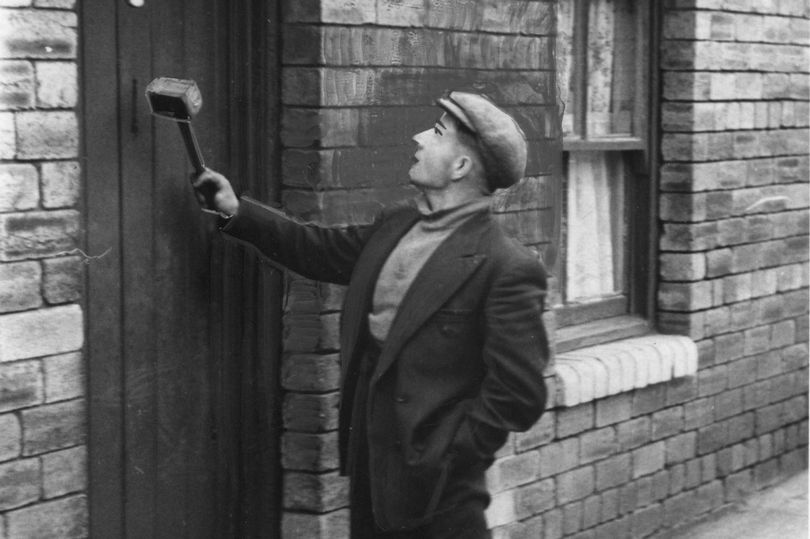
A makeshift human alarm clock ranked at the top of a bizarre medieval jobs list. At least by means of purpose.
Knocker Ups (/Uppers) were people who were known for their regular sleep schedules. This made them reliant when one had to wake up on time! They were employed to go to different houses in various neighbourhoods to wake up their clients (who were labourers or workers).
Apart from simply knocking on doors and windows, they were also known to shoot peas through a tube at the windows. Especially if the tenants who had hired them stayed on higher floors.
6. Flatulist

If you think a “professional farter” would be a fake job title, you’d be wrong. They were also known as fartists or farteur. Surprisingly, they were so good at it that they gained recognition for their jobs in medieval Europe.
Flatulists were individuals employed for the sake of entertainment that revolved around the act of passing gas. This was solely done for humor – to add to the music or just to get the crowd laughing.
Roland the Farter was bestowed 30 acres of land and a manor for his annual performance in the court of Henry II. Saint Augustine claimed that some flatulists were capable of “…break (ing) wind continuously at will, so as to produce the effect of singing.” No wonder they were considered celebrities in their time!
7. Resurrectionist
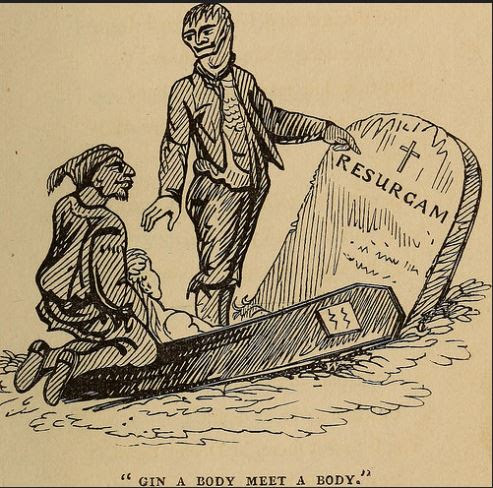
Resurrectionists were not those who brought people back to life. They were involved in emptying graves. Simply put, they were glorified grave-robbers.
In order to support practitioners of the “medicinal sciences,” they would dig up bodies from fresh graves and sell them. Though they were especially common in 18th-19th-century England, people did not pay attention to them.
The English Government was forced to later intervene when they started becoming a nuisance. That they began allowing doctors to examine corpses came with a catch. The bodies had to be from the poor deceased due to workhouse accidents. Was this any better?
8. Funeral clown
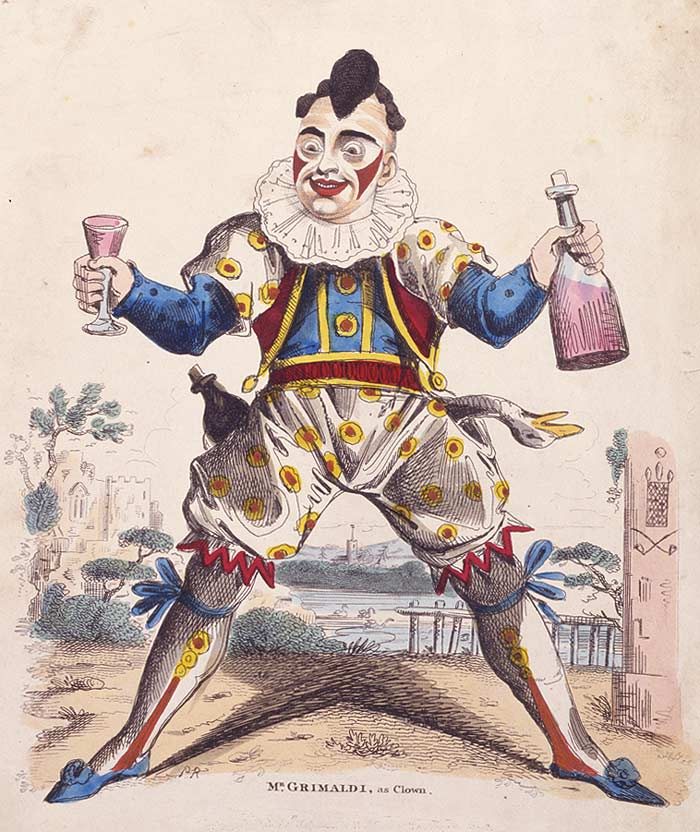
Professional mourners or moirologists, generally women, are hired to cry and mourn loudly. Their open display of grief offers space for public acknowledgement of death and grief. A funeral clown is a bewildering counterpart.
To assuage the solemnity at funerals, 4th-century Romans are alleged to have fabricated this profession. The clown is said to have worn the mask closely resembling the recently deceased. He parades around the funeral procession openly mocking the dead to appease them. And to generally revive the living mourners. Morbidly funny, right? (No.)
9. Groom of the Stool
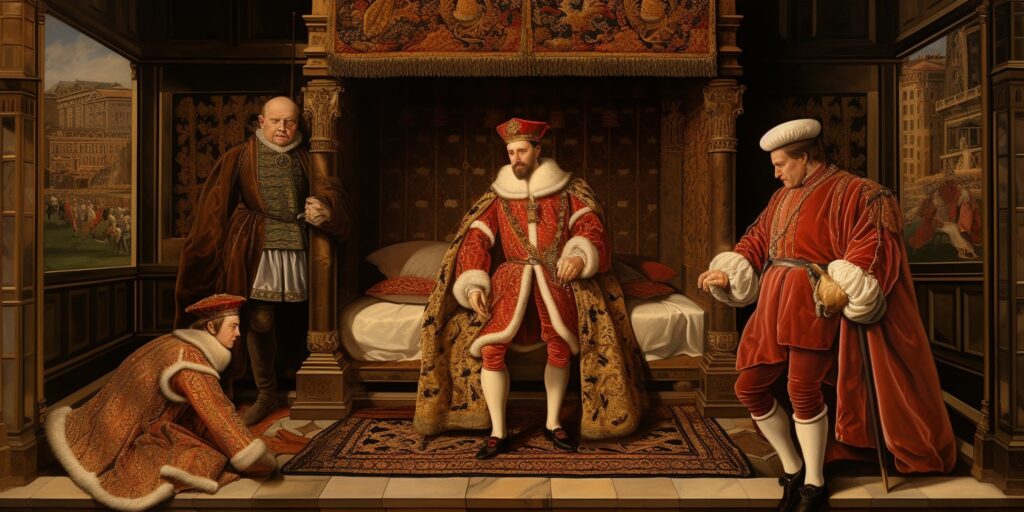
It is formally known as the Groom of the King’s Close Stool. Not the grossest job on the list, but it’s up there.
This was an individual, usually a male servant, who was responsible for assisting the monarch with his latrine needs. The Groom of the Stool would be expected not only to clean up after. He would have to lug around a portable commode (the “Stool”) along with water, towels, and a washing bowl.
Although their intervention fell short of wiping, they were certainly committed to the role. They would keep track of bowel movements and meal times. This would help them ascertain when the monarch would likely need to use the commode again. They would also go as far as to help the monarch undress.
In early modern England, this was considered a venerated position. The “Grooms” were considered lucky to have access to royal secrets, to have some power in the court, and to be able to wear the king’s hand-me-downs. Would you consider overlooking just how much this job stinks?
RELATED READING: 15 Fun And Interesting Facts About The English Language
10. Leech collector
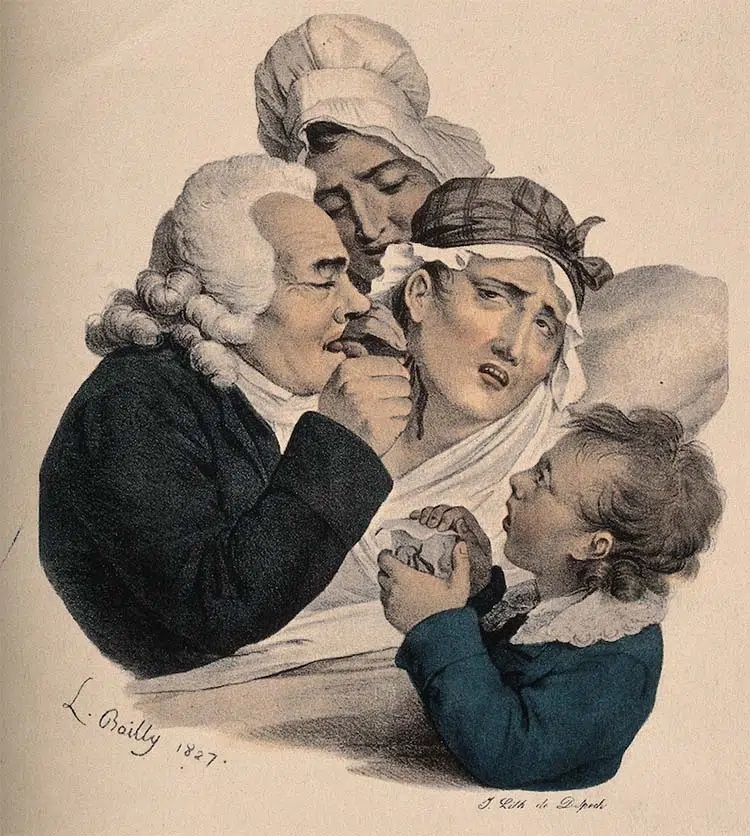
Think bee stingers are a good replacement for artificial lip fillers? Then, using leeches for bloodletting and more operated on the same idea.
As the name implies, leech collectors collected leeches. A common thing among medieval jobs, they were hired by those in the medical field.
Over medieval centuries, it gained a reputation for being used in misguided medical procedures. Since then, it has required being hired by a medical professional. They would be responsible for overseeing the placement of leeches on certain parts, for bloodletting.
It was the leech collector’s job to wade through swampy marshes and bogs. To bait and attract them for easy collection. Though some of them used amputated horse legs, they were considerably expensive. Most leech collectors used their own legs.
Affordable as it was, it was not easy. A single leech would latch on for about 20 minutes of feeding time before it could be removed. This posed an everyday danger of losing too much blood. This was one step lower than the contraction of an illness.
Even then, it was considerably the most dangerous among jobs from medieval times.
11. Vomit collector
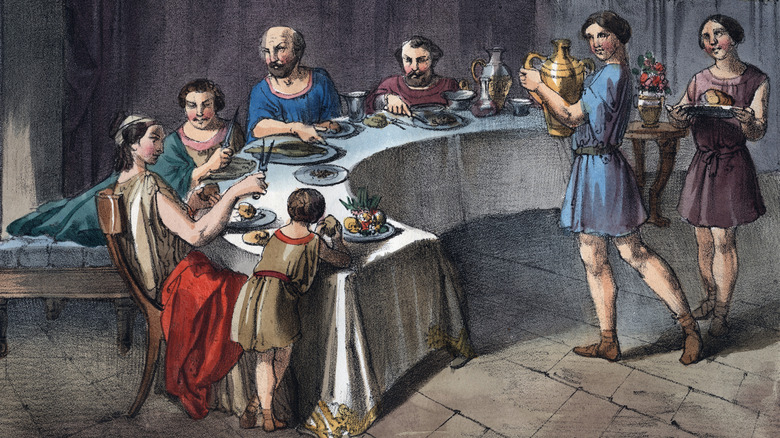
As it states, it is the vomit collector’s job to collect vomit. If not plain vile, this is unethical to say the least.
By far the most interesting of bizarre jobs, they were employed to carry around bowls for the royals to vomit into. While the royals loved to eat, there was more concern regarding making room for more. They wouldn’t have bothered to leave the room to purge, and hence this job.
Apart from this inane act, the royals were also not keen on patience. If the vomit collector wasn’t around (especially in a large gathering), they would promptly vomit on the floor. The vomit collector not only had to tend to the bowls, but also the floor. And especially watch out not to get any of its contents on himself.
If greed marked material wealth, then gluttony marked being devoted to pleasure. But this was overlooked when it came to practicality. Or so you’d like to think. It is certainly bewildering how overconsumption was seen as a ploy for a lack of moral compliance. Of how it was a commonplace practice backed by the sciences.
Aurelius Cornelius Celsus, an encyclopedist, advised that it was “acceptable to purge the stomach for health reasons.” That, to do so daily, was a sign of luxury.
Seneca the Young, disappointed though he was, mentioned how food lacked importance for the Romans. In the conventional sense, at least. He quoted that the Romans saw food beyond its need for sustenance. It was a matter of indulging their vices, literally.
Aren’t you glad you don’t have to choose from a host of medieval times jobs? It seems pretty convenient now that we have machines to partly share the burden. The pace of advancement is no longer that much of a bother.
Conclusion
Aren’t we glad we upgraded from medieval jobs? Before men made machines, there still seemed to be a lot of avenues for the unconventional. Now that machines make men, it’s a different rat race we run altogether. The next time you want to complain about your job, think of these people (and their jobs). Turns out, being chained to a desk isn’t half as bad. Apparently, there are worse things out there.


